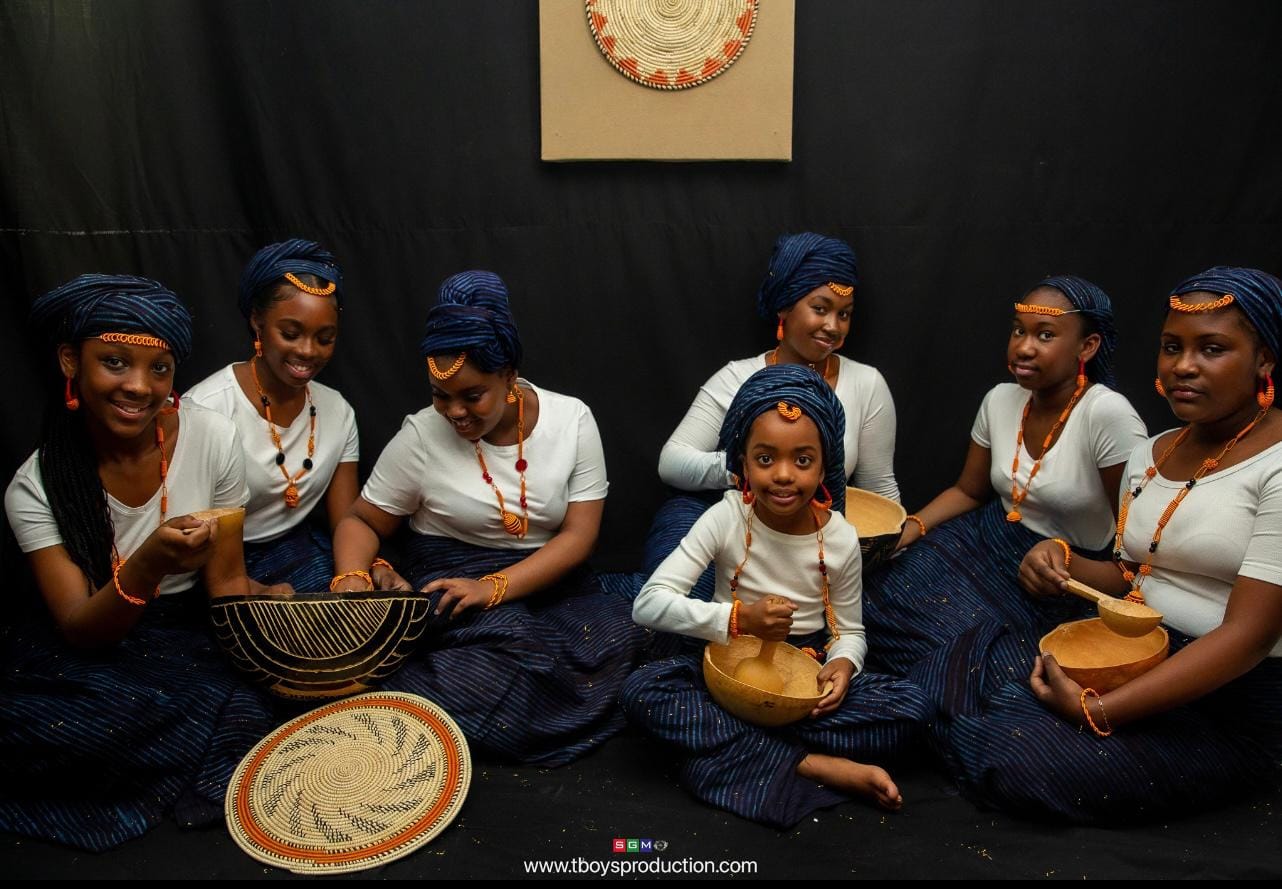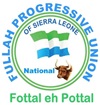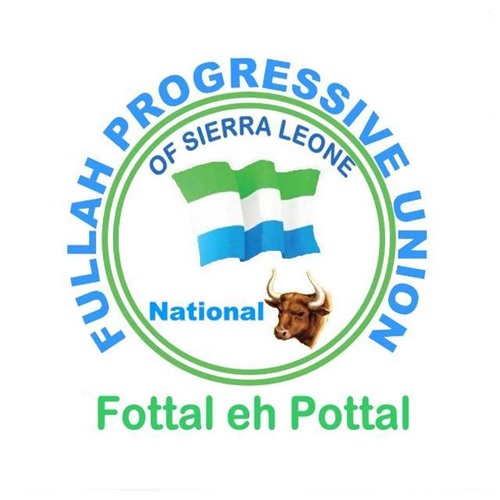Our History
The Journey Of The Fullah Progressive Union - FPU SL
The Fullah Progressive Union (FPU) has a rich history rooted in the struggles and aspirations of the Fulbhe community in Sierra Leone.
Its origins can be traced back to the formation of the Fullah Youth Organization (FYO) in 1967, a response to the challenging political atmosphere of the time. The Fulbhe community faced increasing harassment, unlawful detentions, and deportations, which prompted the need for a united front to protect their rights and interests.
The Early Years: Formation and Growth
FYO initially operated informally, with meetings held at the homes of members, particularly at a house on Jenkin Street near the Fulbhe Masjid in Freetown.
As the organization grew, an executive committee was formed, and branches were established in various regions.
The expansion of FYO coincided with the migration of many young members to the United States and the United Kingdom. These members reactivated the organization abroad, leading to the birth of the Fullah Progressive Union (FPU).
Meanwhile, in Sierra Leone, the need for a more robust organization led to the merging of the newly formed Fullah Development Association (FDA) with FYO, further solidifying the foundation of the FPU.
By 1982, the FPU had a National Executive and regional bodies in place, and it became actively involved in supporting Fulbhe candidates in parliamentary elections. Additionally, the FPU of the Western Area organized annual New Year outings to Hamilton Beach, which became a tradition for over six years.
The Fullah Progressive Union (FPU) took a significant step in its organizational history when it drafted its first constitution in 1984. This foundational document laid the groundwork for the Union’s governance, guiding principles, and the collective aspirations of its members. The 1984 constitution remains a testament to the vision and dedication of the early leaders who sought to unify and uplift the Fullah community through structured leadership and a shared commitment to progress.
The Goals and Impact of FPU
From its inception, the FPU established some key goals to guide its activities:
1. Centralized Office: To serve as a go-to point for all Fulbhe, especially grassroots members, during emergencies or for courtesy visits.
2. Networking: To encourage networking among Fulbhe, including professionals, students, and others. This also included printing an annual calendar and organizing events.
3. Civic Education: To promote civic education, including supporting Fulbhe participation in elections as voters and candidates.
4. Scholarships: To provide scholarships for students in schools and colleges, as well as other skill-training programs.
Legal Assistance: To offer legal help in various cases involving Fulbhe members.
5. Cultural Preservation: To preserve the Pulaar language and celebrate diversity by organizing exchange visits with non-Fulbhe communities and building ties with Fulbhe in other countries and those abroad.
6. Economic Initiatives: To establish the Sawaba initiative, enabling traders to import goods through cooperatives.
FPU became a model of good governance and stability within the Fulbhe community, fostering unity and reducing the gaps between Fulbhe of different social classes, political persuasions, and linguistic backgrounds. The organization’s outreach efforts included a “Shop to Shop” and “Corner to Corner” campaign to encourage Fulbhe children to pursue formal education.
Resilience and Evolution
Over the years, the FPU has become a household name, not only within the Fulbhe community but also among non-Fulbhe in Sierra Leone. The organization restructured after the civil war, building on its past foundation and expanding its efforts.
Today, FPU remains a formidable force, with many of its leaders and members excelling in various fields, including diplomacy, media, and law enforcement.
Challenges and Continued Efforts
Despite its successes, the FPU has faced several challenges, including:
Divisiveness influenced by external factors.
Reaching Fulbhe who have become culturally disconnected from their roots.
Increasing the number of welfare and educational scholarship awards.
Maintaining a beautiful mosaic of heritages from Guinea, Senegal, Mali, and other regions.
Collaborations and Broader Impact
During the 1970s and 1980s, the FPU built bridges with other organizations and associations that advocated for vulnerable groups and preserved indigenous languages. Some of these organizations included Ferensola (Koranko), Munagbati (Loko), Ekutay (Limba), Tegloma (Mende), Taamemsu (Themne), KDU (Krio), FBF (Fourah Bay), and Naafa (Madingo), among others.
Today, the FPU continues to work closely with tribal heads and chiefs across all districts in Sierra Leone, ensuring that the Fulbhe community remains connected and supported.
The history of the Fullah Progressive Union is a testament to the resilience, unity, and dedication of the Fulbhe people in Sierra Leone. As the FPU continues to evolve, it remains committed to its founding principles and the well-being of the Fulbhe community.
Do You Want To Join Our Membership?
Submit Your Request By Clicking On The Button Below

Subsribe To Our Newsletter
Stay in touch with us to get latest news and special offers.
Address
38B Sir Samuel Lewis Road, Aberdeen, Freetown, Sierra Leone.
Call Us
+232 78 479840
Email Us
info@fpusl.org
nationalfpusl@gmail.com

